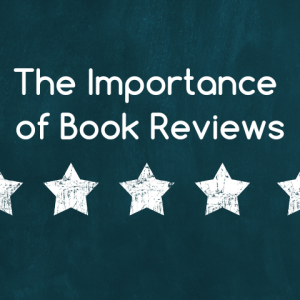For most people, summer has a different feel and pace than the rest of the year. The days are longer, the kids are out of school and vacations are scheduled. It’s a great time take on those tasks you just don’t get to the rest of the year. Here are five tasks indie authors can tackle during the lazy days of summer:
1. Long-Term Planning. Successful self-publishers have an entrepreneurial mindset. They not only execute on their daily “to do” list, but they plan strategically for the future. Summer is a great time to set long-term goals and map out the steps you need to take to achieve them. Look out three, five and even ten years. Where do you want your writing to career to be? What skills do you want to master as your own publisher? What benchmarks (books published, copies sold, etc.) do you want to meet?
2. Promotional Content Creation and Scheduling. Keeping up with the amount of content you have to create and schedule to promote your books is a bear! Summer is a great time to look at the rest of the year and think about the specific content campaigns, merchandising opportunities (for example, holiday discounts, specials and giveaways) and events you want to create and execute. The more you can plan ahead, the more professional and effective your promotions and marketing will be.
3. Research. There’s a lot to learn as an independent author. Summer is the perfect time to research the tools, programs and resources that you’ve heard about, but haven’t been able to explore. Interested in learning how to create effective Facebook ads or build a large email list quickly? Read, study, and experiment. Want to learn about Bublish? Sign up for a free trial. You’ll be armed with useful tools and information in the fall when the holiday shopping season kicks into high gear. Two-thirds of all books are sold during the holidays.
4. Metadata Audit. Most authors fill out the forms when they upload their book(s) to the major retailers and never look back. Their metadata is set on autopilot. That’s a mistake. Your book’s metadata (title, ISBN, subtitle, categories, keywords, synopsis, cover image, author bio, reviews, etc.) should be reviewed at least a few times each year. Check for accuracy, consistency across all retailers and social platforms, and effectiveness. Metadata is how computers (think search engines like Google and algorithms like Amazon’s powerful recommendation system)—and readers who use computers to browse and shop—find you and your work. Make sure your online information is in the best shape possible. Otherwise, there is a very good chance your losing potential book sales.
5. Take Stock in Your Success. Take a day to celebrate everything you’ve accomplished so far as an author and your own publisher. It takes a lot of courage and determination to write and publish a book. Congratulate yourself on a job well done!




